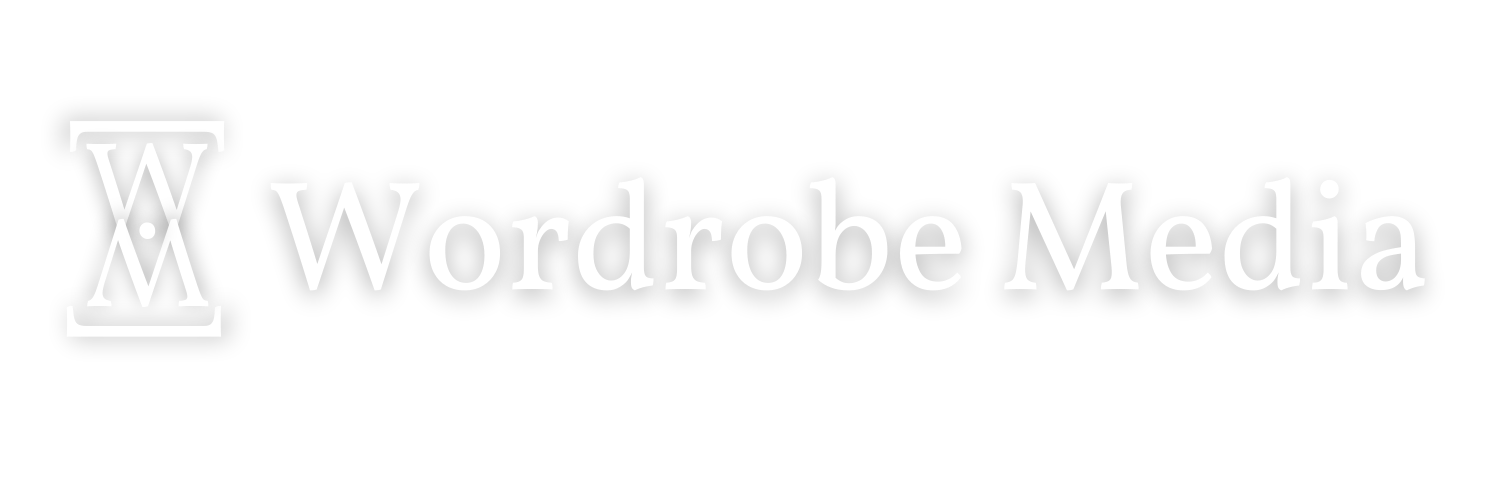Why Your Reader Should Come First When Writing Your Book
Let’s chat about a somewhat unconventional publishing insight:
Put Who before Why.
Don't get me wrong, I love the "start with Why" concept as much as anyone. The first time I saw the Simon Sinek TED Talk, it blew my mind.
But when you're publishing a book, your Why is less important than your Who. Marketers have known this for years, but because most authors are not marketers, this concept is often overlooked.
(BTW, while this pertains a little more to nonfiction, it’s still applicable to fiction, too. So stay tuned if you’re a fiction writer…)
So for the Why cultists out there, let’s clarify the purpose of your Why:
Your Why is for you. It’s internal. It's your reason for writing the book. It’s the invisible force driving you.
But the book is for your WHO...the reader on the other end. This is external.
New authors get tripped up when they focus more on their own Why instead of their Who. They spend valuable book space going on and on about themselves and what they want to accomplish and then they wonder why no one is reading past the first few pages.
Simply put, it’s becuase your reader doesn't care as much about your Why as they care about their own. They have their own Why driving them. And they’re going to consume the content which helps them achieve their Why, not yours.
So while your Why will help motivate you to write your book, it won't necessarily motivate the reader to read it.
Ergo, before you write a single word, spend time defining your Who. Figure out THEIR Why.
This is one of the first questions I ask any book coaching prospect. If they don't know their Who yet, then that becomes Task #1 before anything else can happen.
I tell them to think about their book as a 1:1 conversation. Because even if millions of people end up reading their book, a book can only be read by one person at a time. So if you want to develop trust with your reader, then you have to be able to speak to them like they are one in a million, not one out of a million.
Finally, remember that you're writing a book for a reader, not for yourself. This is a common foible for fiction writers, too. They write a book for themselves instead of asking what readers will enjoy. Then they are outraged when an editor shreds it to pieces or no one buys a copy.
While you should write on the topics and ideas that interest you most, you have to consider how it will be received on the other end. Are you taking the reader on a journey they will enjoy? Or are you taking them hostage?
Think of your book like an Uber. You’re the driver, but the reader is the rider. It’s your job to guide them to the destination they wanted. Each page is like another turn on the map, getting them to where they want to be. So if your reader is expecting a romance, don’t turn it into a horror halfway through. Likewise, with nonfiction, what problem is the reader wanting to address in their life? How are you going to help them solve it? That’s their destination.
Not sure where to start? Here are some questions you can ask yourself to help define your Who:
What problem am I really good at solving? Who is most likely to have this problem?
What do I know now that I wish I’d known ten years ago? Is my audience like my younger, less-experienced self?
What kind of people do I want to work with long-term? Do I want clients who are seeking the lowest cost? Or clients who want a premium service? What message will attract that type of person?
What are the genre expectations of my readers? How can I satisfy those expectations while still creating something original?
What is the emotional state of the person who picks up my book? What do I want their emotional state to be when they finish it?
The Why behind your book might be to become a thought leader, a bestseller, attract clients, or something else. But a reader isn’t picking your book up for any of those reasons. By putting the reader first in writing your book, you have a greater chance at success and creating raving fans who will recommend your book to new readers.
Did this help you? If so, consider becoming a subscriber to the ForWord Writers Newsletter where we share more specific examples of how this tip looks in both nonfiction and fiction!
